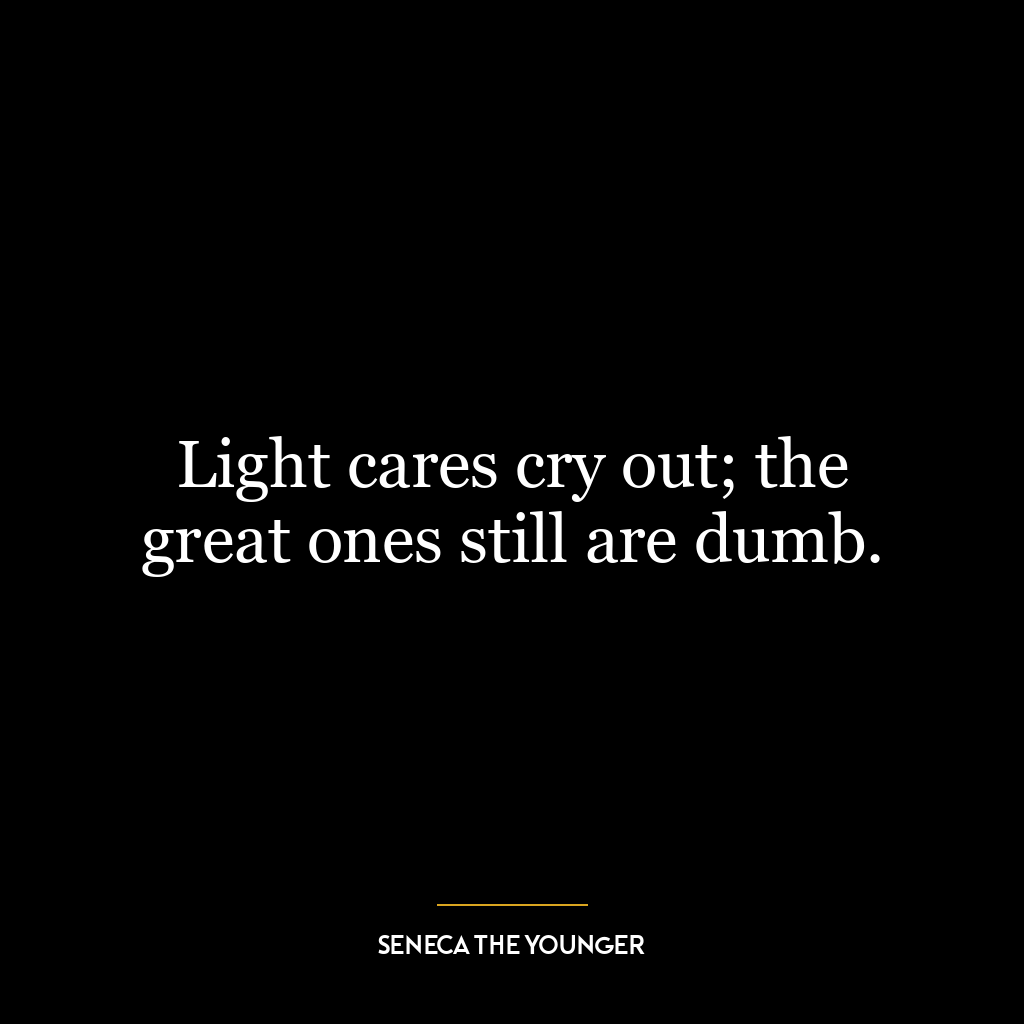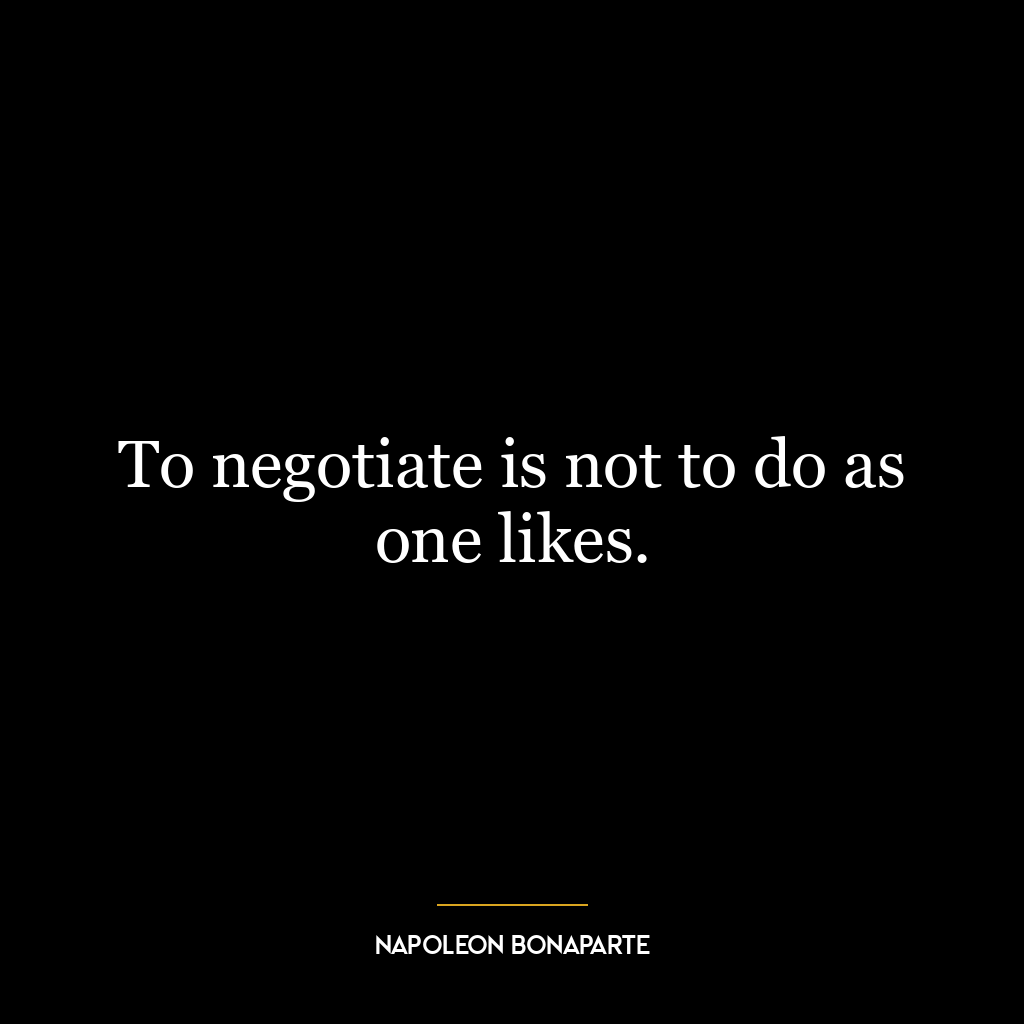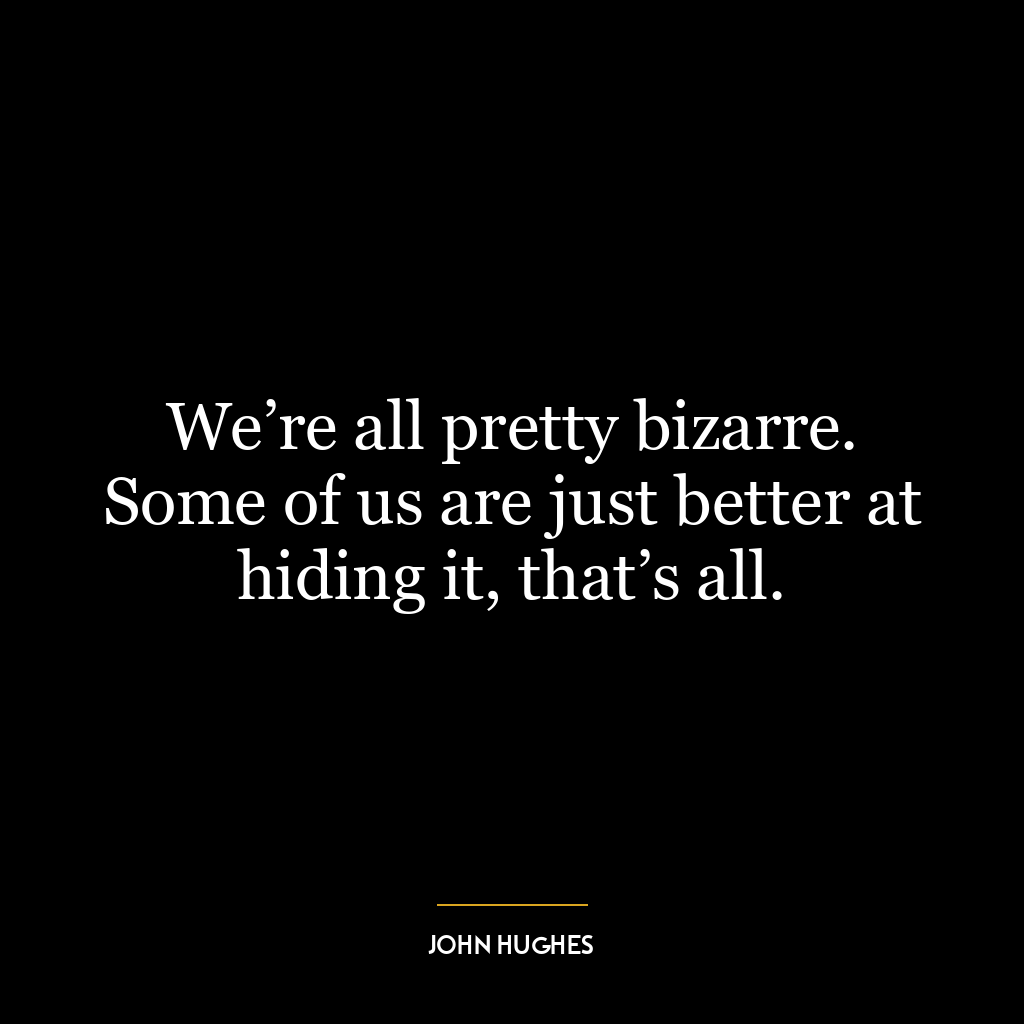'Prejudice' Quotes
Prejudice quotes have played a crucial role in shaping our understanding of discrimination and its harmful effects. From Martin Luther King Jr.’s iconic “I have a dream” speech to Nelson Mandela’s powerful words, “No one is born hating another person because of the colo…Read More
Prejudice quotes have played a crucial role in shaping our understanding of discrimination and its harmful effects. From Martin Luther King Jr.’s iconic “I have a dream” speech to Nelson Mandela’s powerful words, “No one is born hating another person because of the color of his skin,” these quotes have inspired individuals and sparked social movements. They have shed light on the historical context of prejudice and challenged societal norms. These quotes have also served as a reminder of the ongoing struggle against discrimination and the importance of promoting equality and acceptance. Despite the progress made, prejudice quotes continue to resonate and motivate people to fight against all forms of prejudice and discrimination.Read Less
Prejudice quotes have played a crucial role in shaping our understanding of discrimination and its harmful effects. From Martin Luther King Jr.’s iconic “I have a dream” speech to Nelson Mandela’s powerful words, “No one is born hating another person because of the color of his skin,” these quotes have inspired individuals and sparked social movements. They have shed light on the historical context of prejudice and challenged societal norms. These quotes have also served as a reminder of the ongoing struggle against discrimination and the importance of promoting equality and acceptance. Despite the progress made, prejudice quotes continue to resonate and motivate people to fight against all forms of prejudice and discrimination.
222 Distinctive 'Prejudice' Quotations and Sayings
Prejudice – Symbolic Value
Prejudice is a concept that has been deeply ingrained in human society for centuries. It is a term that carries a lot of symbolic value, representing the negative attitudes and beliefs that people hold towards others based on their race, ethnicity, religion, gender, sexual orientation, or any other perceived difference. Prejudice is often associated with discrimination, bigotry, and intolerance, and it has been a source of conflict and division in many societies. In this article, we will explore the concept of prejudice as it appears in quotes, examining its cultural and historical significance, common themes in motivational contexts, portrayal in art and media, and its impact on our understanding of life and society.
Prejudice – Cultural and Historical Significance
Prejudice has a long and complex history, with roots dating back to ancient civilizations. In many cultures, prejudice was used as a tool to justify discrimination and oppression of certain groups. For example, in ancient Greece, the concept of xenophobia, or fear of foreigners, was used to justify the exclusion of non-Greeks from political and social life. Similarly, in medieval Europe, religious prejudice was used to justify the persecution of Jews and other religious minorities.In more recent history, prejudice has played a significant role in events such as the Holocaust, apartheid in South Africa, and the civil rights movement in the United States. These examples highlight the destructive power of prejudice and its ability to fuel hatred and violence towards marginalized groups.
Prejudice – Common Themes in Motivational Contexts
Prejudice is often rooted in fear, ignorance, and a desire for power and control. In many cases, people hold prejudiced beliefs because they have been taught to do so by their families, communities, or society at large. These beliefs are often reinforced by stereotypes and misinformation, leading to a distorted view of certain groups of people.In motivational contexts, prejudice can also be driven by a need to maintain one’s own self-esteem. By putting others down, individuals with low self-esteem can feel better about themselves. This is known as the “social identity theory,” which suggests that people tend to categorize themselves and others into groups, and then compare their group to others in order to boost their self-esteem.
Prejudice – Portrayal in Art and Media
Art and media have played a significant role in shaping our understanding of prejudice. Many works of literature, film, and music have explored the theme of prejudice, shedding light on its destructive nature and the impact it has on individuals and society as a whole. For example, Harper Lee’s classic novel “To Kill a Mockingbird” portrays the devastating effects of racial prejudice in the American South during the 1930s.In recent years, the media has also played a role in perpetuating prejudice through biased reporting and stereotypical portrayals of certain groups. This has led to the rise of movements such as #OscarsSoWhite and #BlackLivesMatter, which aim to challenge and address the lack of diversity and representation in the media.
Prejudice – Impact on Understanding of Life and Society
Prejudice has a profound impact on our understanding of life and society. It creates barriers between people, hindering social cohesion and preventing individuals from reaching their full potential. Prejudice also leads to discrimination, which can have serious consequences for the victims, including limited access to education, employment, and healthcare.Moreover, prejudice can also lead to a distorted view of the world, as individuals may only see things from their own perspective and fail to recognize the experiences and struggles of others. This can lead to a lack of empathy and understanding, further perpetuating prejudice and division in society.In conclusion, prejudice is a complex and deeply ingrained concept that has had a significant impact on human society throughout history. It is a symbol of the negative attitudes and beliefs that people hold towards others based on their differences, and it has been a source of conflict and division. By understanding the cultural and historical significance of prejudice, recognizing common themes in motivational contexts, and challenging its portrayal in art and media, we can work towards creating a more inclusive and accepting society.






